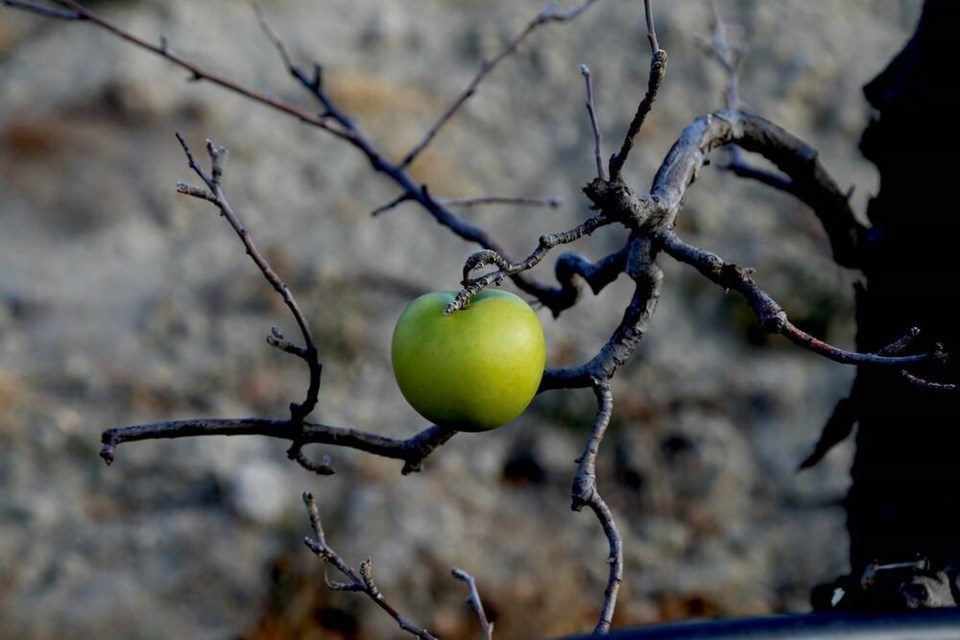Vote as though your life depends on it – because it does.
No election issue is more central to determining human and planetary health than food security. Actual food, not processed food, Frankenfood or modified multi-cided monocrops, but real food that contains the molecules for living long and healthfully.
There is no election issue more important to consider on election day and every day, than what we feed ourselves and our children. Pre-kindergarten coding camp matters not, if our children can’t develop healthy brains and bodies for want of the essential building blocks of life.
Real food contains the particles of life. So-called processed and convenience foods are not food. They may look, taste and smell like food, but they are not. They poison us.
Our bodies are precision machines with exquisitely designed operating systems that orchestrate tens of billions of chemical reactions every second. We evolved alongside plants and animals to depend on the micro- and macro-nutrient phytochemicals (plant-derived nutrients – include fungi and algae here) and zoochemicals (animal-derived nutrients) they eat. We are embedded in the planetary trophic coding system, a.k.a. food chain.
Break the chain, or corrupt it with code altered by poisonous agro-chemicals, and integrated systems break down – way down. On a macro level, this looks like desertification, rising sea levels, global conflict, climate refugees, species extinction, extreme weather and crisis-levels of chronic disease across all age groups.
On a micro-level this looks like little or no access to local organic and regeneratively grown food, the absence of real food and farming education in schools, unprecedented incidents of behavioural and learning challenges among children, overburdened healthcare (sick care) systems, and wholesale misconception of the critical roles that organic farmers and food policy play in human and planetary health.
Ironically, here in Vancouver – one of the most privileged cities in the world – we have surprisingly little access to local organic food grown in healthy living soil, on farms located within a morning’s drive. The irony of this fits into contemporary society’s fast food, fast fashion, profit-before-people value system, and the delusion that people are omnipotent creatures, more intelligent than nature.
When I was studying permaculture on organic and regenerative farms in Canada and the U.S., I witnessed micro- and macro-level healing that began below ground and translated to human and environmental well-being. I was shocked to learn too, that Vancouver has a four-day supply of all food at best, in the event of a natural disaster.
People much smarter than I have written extensively about this.
Surely, if we can orchestrate long-haul import of 80 per cent of our vegetables and 60 per cent of our fruit from the U.S., Mexico and Latin America, we can design enduring national and provincial policy that prioritizes people over profits. We can design integrated, multi-ministerial, non-partisan legislation to produce more real food locally, and make it available to all Canadians where they live.
Tomorrow, this admittedly privileged person will travel to the Trout Lake Farmer’s Market to buy, among other things, a three-pound bag of arid-climate-resilient Sunrise apples from Klippers Organics of Cawston, B.C., for the (unironic) bargain price of just $9 (25-per-cent less than non-organic imports at our local grocer).
In addition to working 16 hours per day, every day, hero farmers like the Klippensteins drive their below-fair-market-priced real food to market every week, for us.
This election, I will be asking candidates hard questions about systemic change for our food and healthcare systems, starting with support of local organic and regenerative farming.
Laura Marie Neubert is a West Vancouver-based urban permaculture designer. Follow her on Instagram @upfrontandbeautiful, learn more about permaculture by visiting her Upfront & Beautiful website or email your questions to her here.
For a taste of permaculture, watch the video below:




